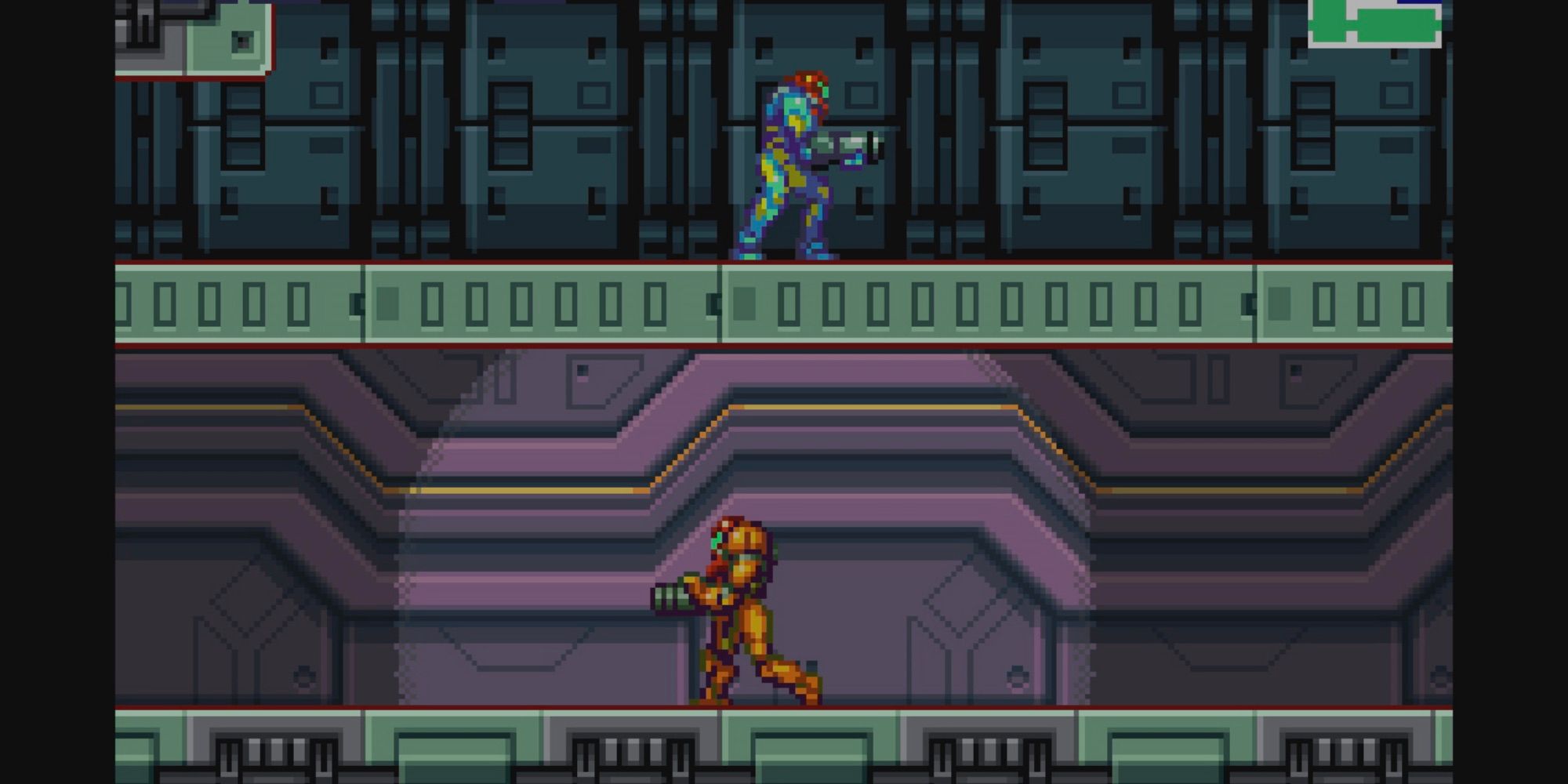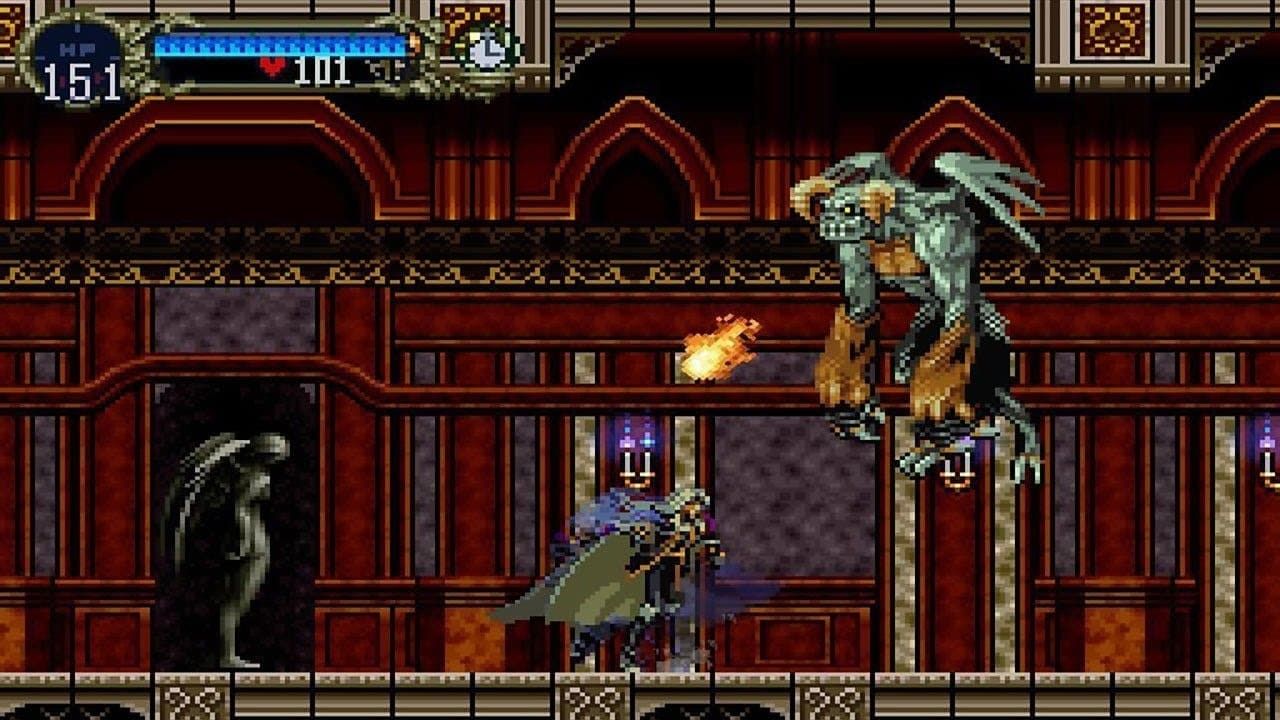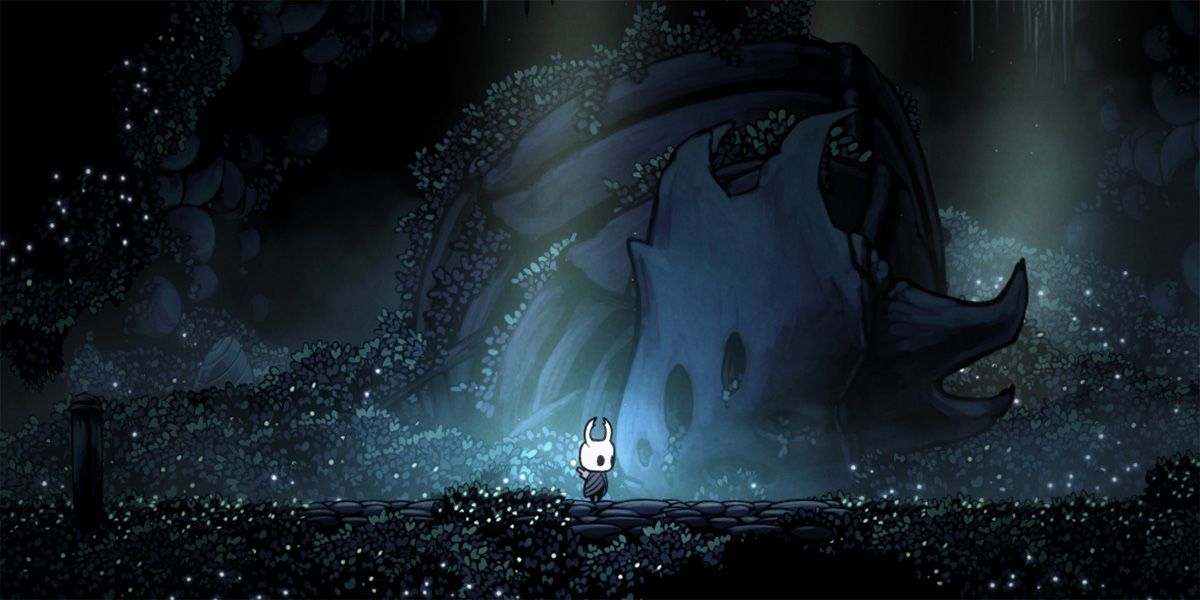The first Metroidvania game ever was 1986's Metroid. Players were dropped onto a large, mysterious world with barely a clue. With no map, dialogues, or any way-points, they had to navigate around the vast unexplored caverns of the game. The experience of playing this game can be described by many words -- lost, difficult, overwhelming, surprising, atmospheric, curious, exciting.
Despite the first three words, this game has gone on to spawn a highly popular franchise, but more importantly, a new genre of its own, the Metroidvania genre. Metroidvania is a loosely defined subgenre of action-adventure platformers that gets its name from two seminal video games -- the aforementioned Metroid, and Castlevania: Symphony of the Night. The very things that make this genre sound unappealing on paper, are also the things that make this genre so appealing in practice, these three words -- lost, difficult, and overwhelming.
The Metroidvania genre derives its core gameplay loop with the premise of having the players become lost. Future Metroidvania games, unlike the first Metroid, did have maps, however, the amount of obvious help the players receive is almost negligible. A Metroidvania game that tells its players how to explore or where to go would be a failure of the genre. What actually draws players to it so much is its willingness to let go of their hands and let them be overwhelmed by this difficult world, only for them to conquer this very world all by themselves later on -- or at least to have the illusion they did it by themselves.
One of the most appealing aspects of a Metroidvania game is its supposedly non-linear structure, however, in truth, most games of this genre simply have a facade of being non-linear, at least early on. Here's an example that isn't describing any Metroidvania game in particular.
Imagine being dropped into this unknown place that you have no idea of the size or depth of. You only seem to have one weapon and that's all you have to go on and explore. In the beginning, the way seems to be pretty straightforward, one path leads in only one direction, but then multiple paths begin to show up, some which you cannot access. You look up and see a platform with an enticing aesthetic. You try to jump onto it, but you miss it for only a bit. After multiple retries, you give up. You forget about it for the time being and move on. The paths begin to branch off more and more, and soon you find yourself lost.
After some more wandering around, you begin to understand the shape and structure of the area you're in -- perhaps by a mental map, or by an on-screen map that fills up as you explore. On the way you see another enticing platform that you cannot reach. This time you don't waste time on it, you move on. Eventually, you stumble onto your first boss. After a challenging battle, you clear the room and are rewarded with a new ability -- now you can double jump. Immediately your mind moves to that earlier platform, but you're kind of far and forgetful about the way back, so instead you head for the second platform you saw on your way to the boss room. You double jump onto that platform, then you make your way through some narrow hallways. You eventually come out of the other side standing on another very familiar, aesthetically-memorable platform. In a sudden moment of revelation, you realize you had returned back to that earlier platform in the previous area from the opposite way.
When this moment happens for the first time, there's a click in your head that all Metroidvania fans can attest to. This is one of the most satisfying things a game in this genre can do to its players. The inter-connectedness of these initially overwhelming worlds, which you slowly begin to become familiar and comfortable with, and the way they make exploring feel like a highly rewarding gameplay loop, is what makes this genre so great. However, this is actually an illusion to make the players feel like they accomplished it all by themselves. In reality, there's an invisible hand that had guided them around and made sure they're never lost for too long.
In the earlier example, you would notice that most of the branching paths didn't actually lead anywhere. Just like the platform that needed a double jump, those pathways would be blocked off in some kind of way, making only one pathway the only viable route. But as you explore and discover newer upgrades and abilities, the map slowly starts to unlock itself as new areas become available at a pace that doesn't completely leave you clueless about where to go, and the game finally starts to become truly non-linear.
This is called ability-gating, and a Metroidvania title isn't one without it. Ability-gating is what makes the exploration aspect of the gameplay reward players with more exploring. Continue this loop in fresher and more exciting ways as the map begins to open up, and only then would one realize the true appeal of the games of this genre -- traversing a world that begs to be explored. The gratifying feeling of conquering a Metroidvania world -- by exploring every nook and cranny, discovering every hidden secret, and becoming more and more powerful with upgrades and knowledge -- is none more brazenly obvious than in one of its most empowering tropes -- the return to the starting area.
When you're over halfway through the game -- now a veteran warrior with many scars and new powers -- you begin to make you're way to an area previously impossibly to reach. You finally find one big exit, and then, when you go through it, you are greeted by the now-nostalgic starting area of the game, a place from which you dropped from, but could not get back up to -- until now. When before this area had an ominous and anxiety-inducing track playing in the background, now on your return, this same area plays a triumphant score. In this one moment, the appeal of a Metroidvania game is summed up perfectly.




